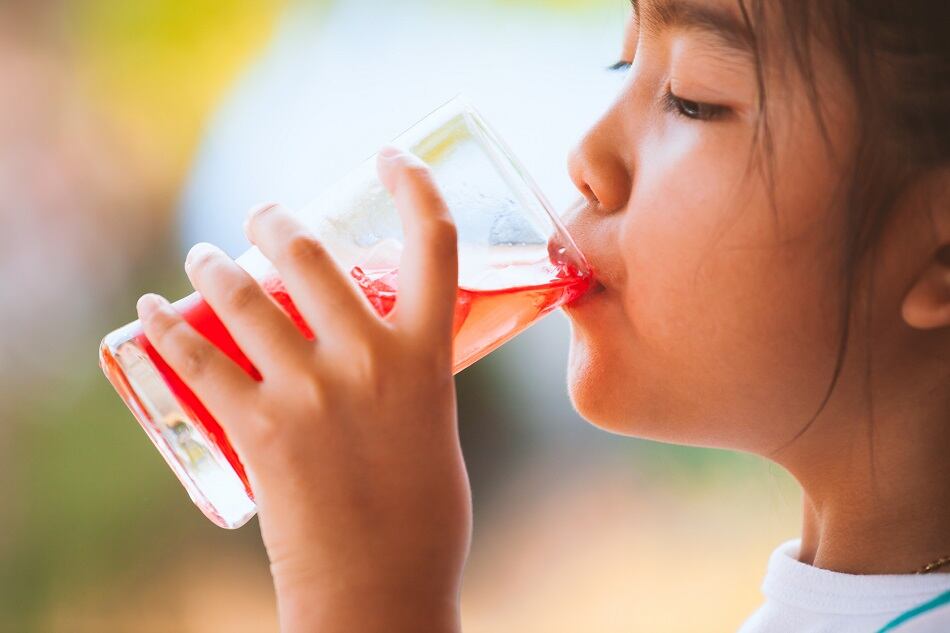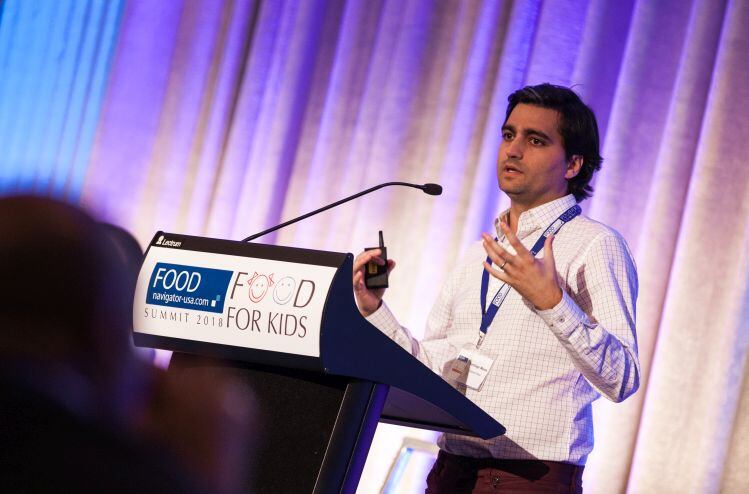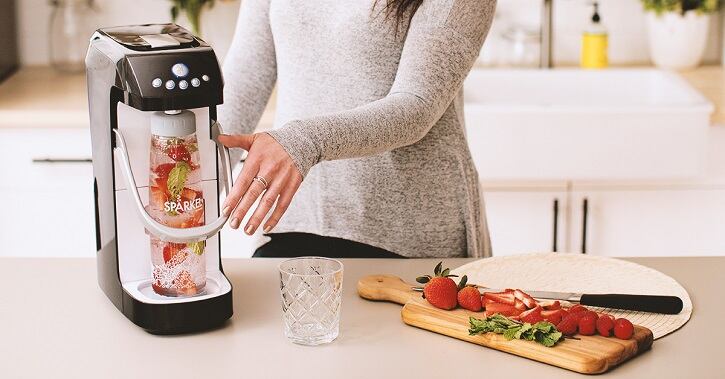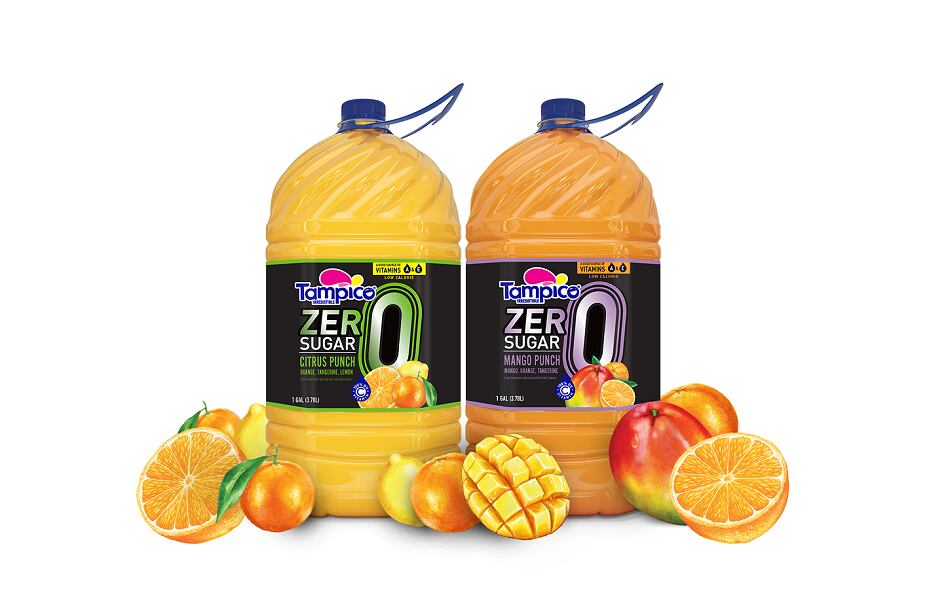The market for low- and zero-calorie sweeteners continues to expand as Americans seek to satisfy their sweet tooth while keeping their sugar intake in check.
Among kids and teens, consumption of low- and zero-calorie sweeteners (mainly in the form of low-calorie beverages such as reduced-calorie juice and sports drinks) increased 200% between 1999 and 2012, according to a 2017 study of data from the National Health and Nutrition Examination Survey (NHANES). According to the same study, 25% of US children between 2- and 17-years-old reported consumption of at least one or more beverage or food products containing a low-calorie sweetener on a given day.
'Water should be recommended as the best choice for kids and teens'
Building on the 2017 study findings, researchers collected 24-hour dietary recall information from 7,026 children enrolled in NHANES to determine the impact the rise in sweetener consumption has on total energy intake and weight management. The research team zeroed in on the reported consumption of sweetened beverages -- those with low-calorie sweeteners and those with sugar.
Participants categorized their beverage intake into three categories: water, a low‐calorie sweetened beverage (any beverage containing terms such as 'diet', 'low‐calorie', 'no sugar added','light', or 'sugar‐free'), or sugary beverage (any non-diet soda, sports drink, fruit drink or punch, sweetened tea, sweetened dairy beverage, or sweetened alternative dairy beverage).
Kids and teens who reported drinking low-calorie sweetened beverages, such as a diet soda, not only ingested extra calories compared to water consumers, but they also took in more calories from added sugars in foods and beverages compared to water consumers, the team found.
On average, kids and teens drinking low- or zero-calorie sweetened beverages consumed 200 extra calories per day compared to those who drank water.
No differences in calorie intake were observed between consumers of low-calorie sweetened beverages and sugary beverages. However, the highest calorie intakes were reported in children and teens that consumed both low-calorie sweetened beverages and sugary beverages.
These results challenge the utility of diet or low-calorie sweetened beverages
Dr Allison C. Sylvetsky, lead author of the study and assistant professor of exercise and nutrition sciences at the George Washington University Milken Institute School of Public Health, said the results didn't show that drinking low or zero-calorie beverages caused unhealthy weight gain. Rather, it suggested a link between consuming sweetened beverages (containing sugar and/or low-calorie sweeteners) and higher intakes of both calories and sugar.
"These results challenge the utility of diet or low-calorie sweetened beverages when it comes to cutting calories and weight management," said Dr Sylvetsky.
According to Dr Sylvetsky, children and teens should follow the federal government's guidelines for a healthy diet, which emphasize water instead of soft drinks, plenty of fruits and veggies, and whole grains.
"Our findings suggest that water should be recommended as the best choice for kids and teens," she said.
The study was funded by the Sumner M. Redstone Global Center for Prevention and Wellness Pilot Studies Program, and no conflict of interest was declared.
Join us at the FOOD FOR KIDS summit on Nov.18-20, 2019, in Chicago! On Wednesday, Nov. 20, we'll be holding a Panel Debate: What Should Children Drink? Speakers include KRā, RETHINK Brands, Euromonitor, with more to be announced.
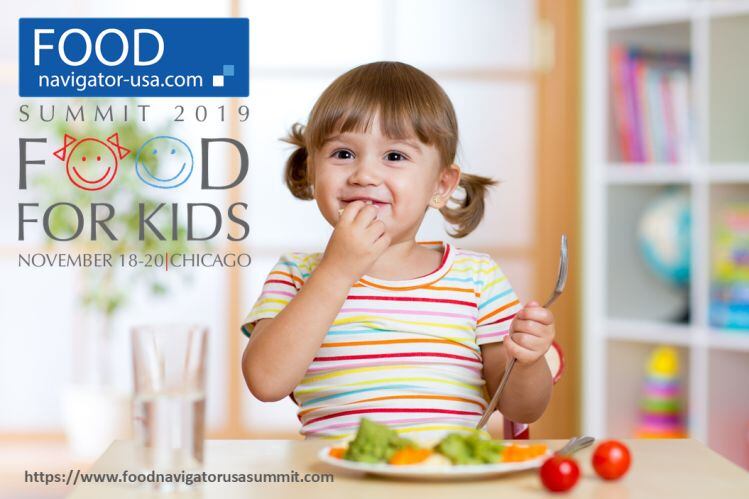
Take advantage of our early bird discount rate by registering TODAY!

